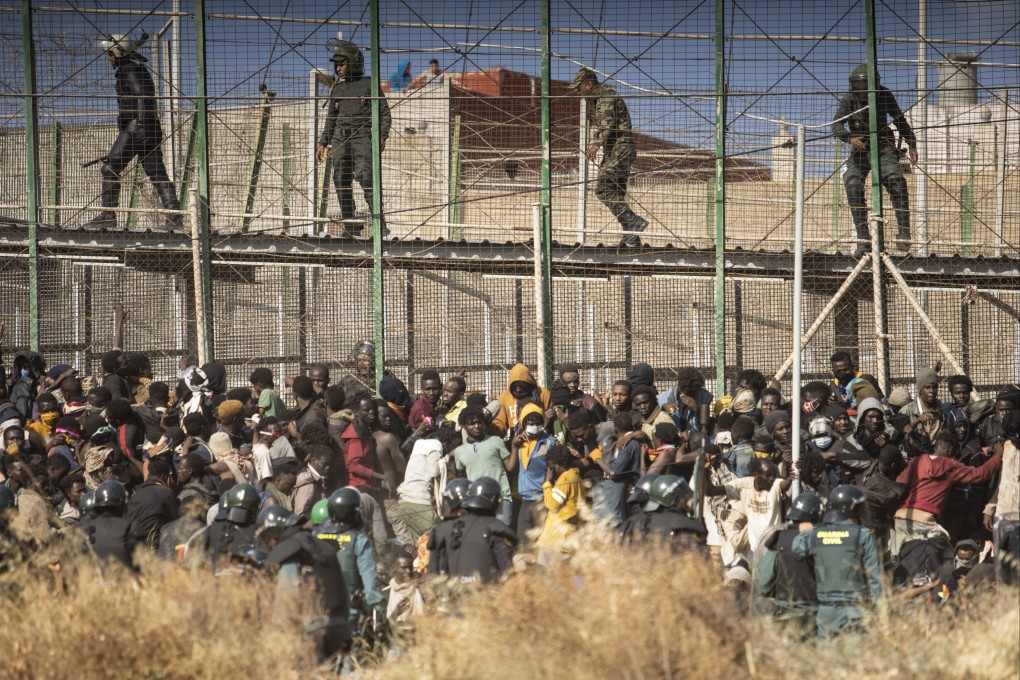Advertisement
Opinion | Far-right’s rise in Europe a warning signal for an EU beset with challenges
- The rightward shift in the political landscape in Europe reflects the changing basis of political support and action in the EU
- This trend suggests next year’s European Parliament elections could lead to further political shocks and gains for the far right
Reading Time:3 minutes
Why you can trust SCMP
1

The far right is on the march across Europe in 2023. Recent election results have seen many far-right parties increasing both their vote and seat shares across Europe. In western Europe, countries such as Italy, Austria, France, Germany, the Netherlands and Greece have all witnessed a rise in support for parties of the far right.
Advertisement
In eastern European countries such as Hungary and Poland, far-right parties are in control of the government. Northern Europe has also seen the rise of far-right parties, most recently in countries such as Sweden and Finland.
Most significantly, the snap September 2022 general election in Italy heralded a new era for that country’s politics, with a far-right coalition government led by the new Prime Minister Giorgia Meloni, featuring her far-right party Brothers of Italy along with Matteo Salvini’s far-right League party, with the support of the conservative centre-right party Forza Italia.
Even more astonishing in Italy is the fact that, since the end of World War II in 1945, the nation has had 68 governments. That’s an average of one about every 1.1 years.
Parties on the far right of the political spectrum in Europe have historically tended to concentrate on three core issues. First, nativism, with a focus on protecting their own ethnic in-group against perceived ethnic out-groups such as immigrants.
Second, these parties tend to hold authoritarian policies, such as being tough on crime and promoting issues of law and order. Third, parties of the far right in Europe often advocate populist messaging techniques, such as claiming to represent ordinary people against what they deem to be the corrupt political elite in society.

Advertisement

